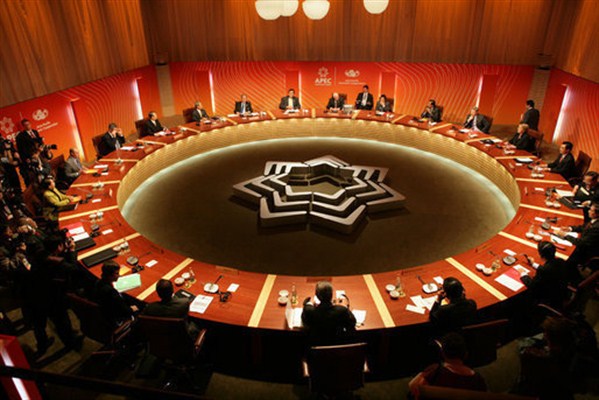The development of Asian regionalism has been slow, particularly in responding to regional conflicts and the development of a free-trade area. But that should not obscure key advances in regional cooperation.
In an article published in the Winter 1993-94 issue of International Security, Aaron Friedberg, a professor at Princeton University, contrasted Europe's "thick alphabet soup" of institutions with Asia's "thin gruel." Some two decades later, no one would now describe Asia's institutional landscape as a thin gruel. It, too, is an alphabet soup of sorts, with names like ASEAN (Association of Southeast Asian Nations), APEC (Asia Pacific Economic Cooperation), APT (ASEAN Plus Three), EAS (East Asian Summit), APc (Asia Pacific community, with a small "c") and EAC (East Asian Community) all crowding conversations about Asia's present and future regional architecture. But are these institutions mere talk-shops, or are they genuine forces for stability and security?
To begin, it might help to quickly summarize some of the most familiar criticisms of Asian regional institutions (while noting that I find some to be more accurate than others). The first is that they have not played a role in the major and longstanding regional conflicts, especially those that are holdovers from the Cold War period, such as the PRC-Taiwan conflict, or those between North and South Korea, and India and Pakistan. Neither have they mattered in the management of maritime territorial disputes, such as the Spratly Islands dispute involving China, Taiwan, Vietnam, Malaysia, Philippines, and Brunei. Similarly, territorial disputes between China and Japan over the Senkaku/Daoyutai islands, or between Korea and Japan over Takeshima/Tokdo islands, have not been addressed by any of the regional groupings.

